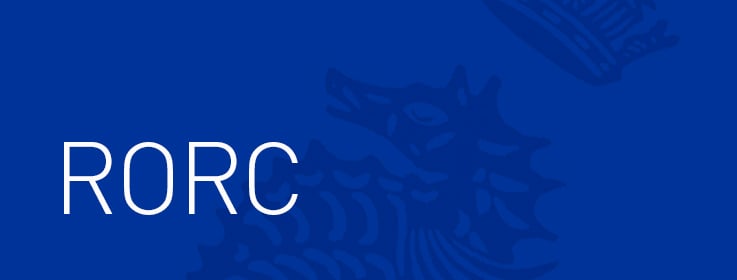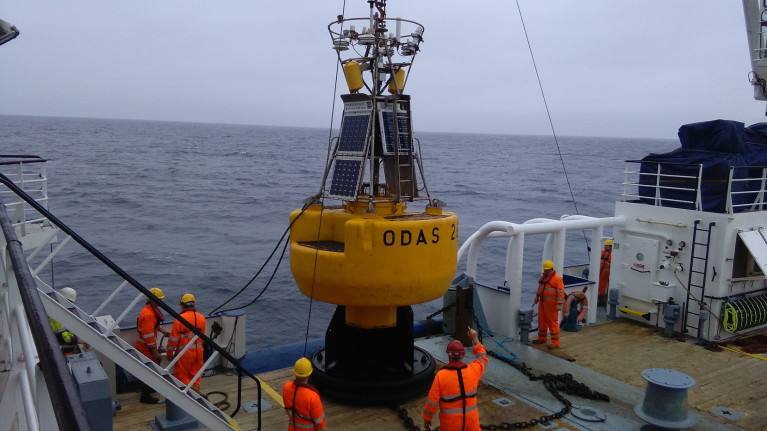Displaying items by tag: World Aids Nav Day
Transportation by sea is the most important means of connecting Ireland to international markets, according to one of Ireland’s leading maritime authorities.
Speaking on IALA World Aids to Navigation Day (AtoN) on Wednesday, July 1, the CEO of Irish Lights, the organisation responsible for delivering maritime safety services on an all-island basis, highlighted that maritime transport accounts for more than 90% of Ireland’s international trade, in volume terms.
(Afloat adds that IALA is an organisation of the International Association of Marine Aids to Navigation and Lighthouse Authorities).
“Food, fuel, medical supplies and other essential goods are transported by sea, and as an island nation, Ireland’s dependence on open, safe maritime channels cannot be overstated. This was particularly evident through the recent Covid-19 pandemic,” said Yvonne Shields O'Connor.
Irish Lights, the organisation responsible for safe navigation at sea, uses its network of lighthouses, beacons, buoys and virtual and electronic Aids to Navigation to ensure safe passage. Both onshore and at sea, Aids to navigation, also known as AtoN, are critical to navigation and enhance safety and provide security to marine users, from large vessels transporting essential goods, to fishing and leisure users and more.
“Our seafood industry contributes €1.22 billion to Irish GDP and is a vital part of our coastal economy. Aids to Navigation are critical to the safe operation of over 2,300 fishing vessels registered in Ireland and Northern Ireland and many more foreign vessels working in our waters.The leisure fleet returning to the water following the Covid-19 restrictions is heavily dependent on the Aids to Navigation provided by Irish Lights and by Local Lighthouse Authorities such as County Councils, Ports and Harbours,” said Ms Shields O’Connor.
Aids to Navigation today are a technologically advanced mix of visual aids such as lighthouses, buoys, and beacons; and electronic aids such as Radar Beacons (Racon), Automatic Identification Systems (AIS) and Differential GPS (DGPS). The use of solar, battery and LED technology is facilitating improved services to the mariner and the use of renewable energy for our AtoN systems.
Keeping maritime channels operating effectively will continue to be ever more important as economic activity increases and as tourism and leisure intensifies over the summer.
A great summer activity to consider is a visit to one of Irish Lights lighthouses, all of which are functioning Aids to Navigation.
There are 14 Lighthouses accessible to the public through the Great Lighthouses of Ireland partnership www.greatlighthouses.com Irish Lights works hard to ensure that these sites, together with our modern buoys, beacons and radio AtoN, will continue to provide a range of technologically relevant services to all mariners.





























































